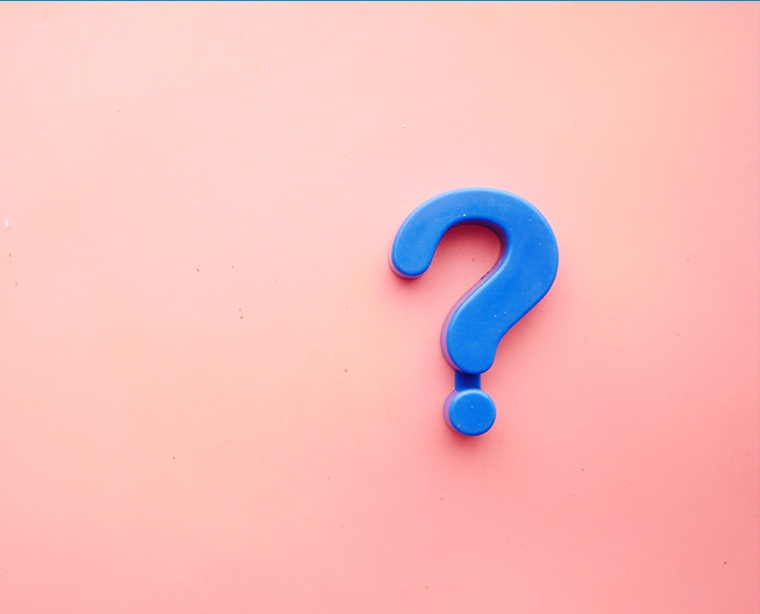

What is nummular eczema ?

Not widely known to the general public, nummular eczema is a particular form of eczema that mainly affects adults over the age of 40. Its appearance, often sudden, from one day to the next, raises many questions among patients. What is nummular eczema? What causes it? How is it treated? The Eczema Foundation tells you everything you need to know about nummular eczema.
Nummular Eczema: Where does the name come from?
Seeing a photo of nummular eczema can help you understand the meaning of its name. The plaques in this type of eczema are rounded and in fact have the shape of a coin, hence the use of the term "nummus", meaning "coin" in Latin. It is also sometimes called discoid eczema. This purely descriptive name does not indicate the cause. Like all eczema, it is due to chronic inflammation of the skin, not to skin infection, and is therefore not contagious. It can be seen in patients of all ages, although it is more common in adults than in children.
The Symptoms of Nummular Eczema
Nummular eczema takes the form of well-defined, rounded, red plaques, from 1 to 10 centimeters in diameter. It often starts with a single plaque, and others then appear around it. These red plaques are usually vesicular, oozing when the vesicles are pierced, and then covered with scabs and scales.
The areas most frequently affected are the legs, buttocks, arms, torso and even the hands. The face is generally unaffected.
As with all types of eczema, nummular eczema causes intense itching that can disrupt sleep.
Nummular Eczema: What causes it?
Nummular eczema can be seen in atopic eczema. More rarely, it may also be due to a contact allergy.
In many cases, however, no specific cause is found.
Certain aggravating factors have been suggested, such as skin dryness, the use of irritants, smoking or alcoholism.
Nummular Eczema: How can you recognize it?
Not all round, red plaques on the skin are due to nummular eczema. Other skin diseases can produce similar skin lesions, such as skin infections caused by certain fungi (dermatophytes) or microbes (impetigo). Plaques in psoriasis, another inflammatory skin disease, can also take on a nummular appearance... It is advisable to consult a doctor to confirm the diagnosis, carry out patch tests if necessary, and administer the appropriate treatment.
Nummular Eczema: How can it be treated?
Nummular eczema is treated in the same way as any other eczema, with the local application of a topical corticosteroid cream. When eczema lesions are very extensive, phototherapy may be proposed.

